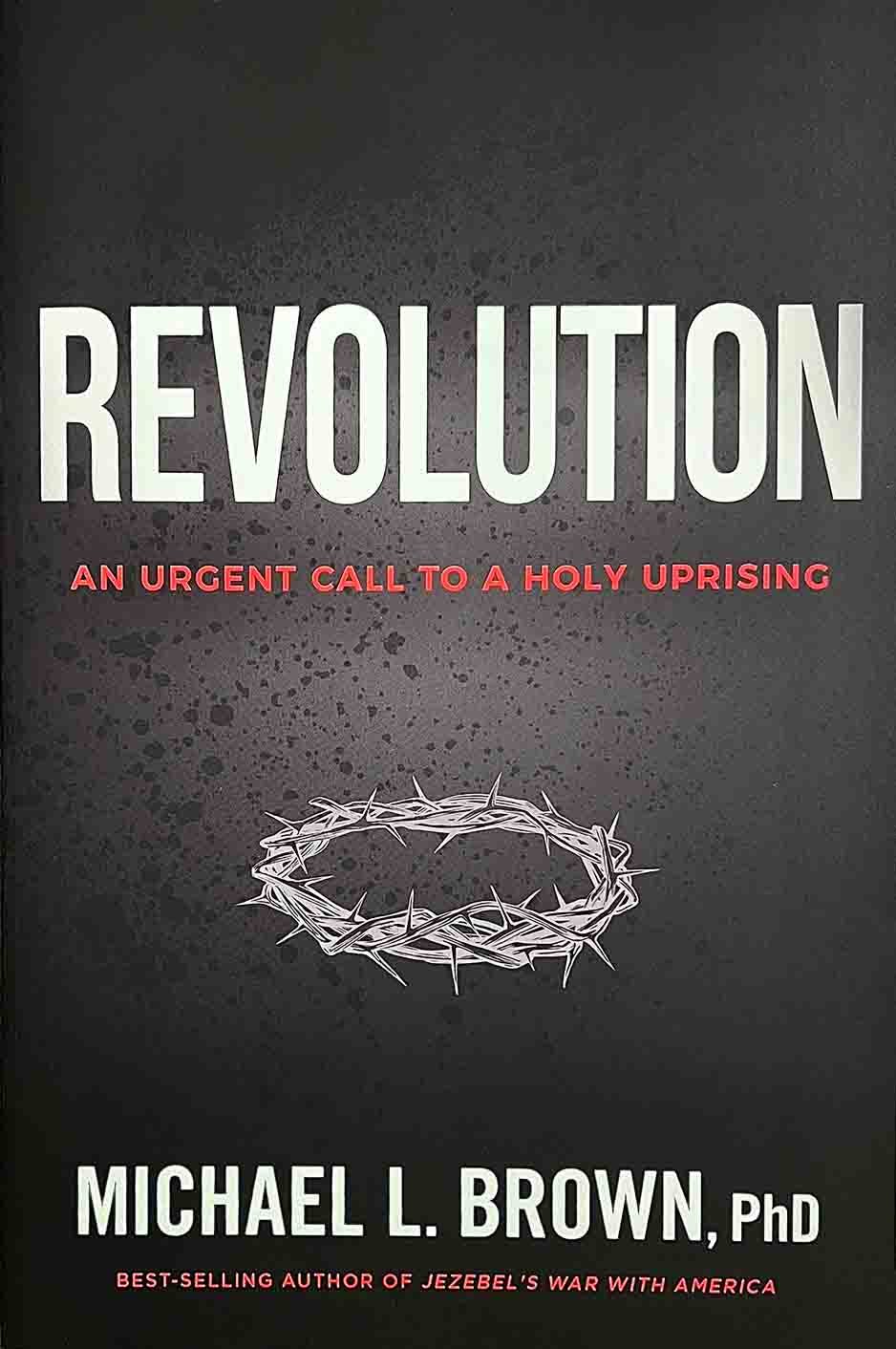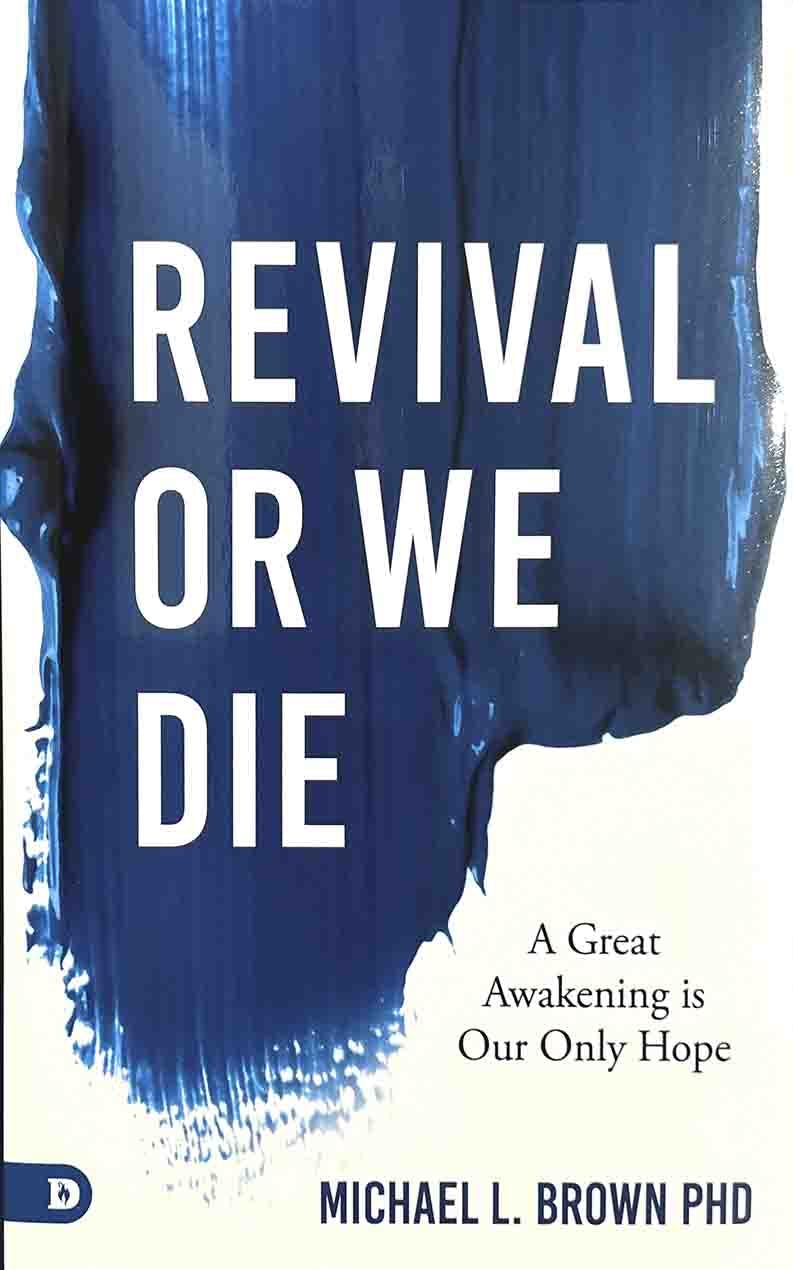“Father, forgive them, for they do not know what they are doing.” (Luke 23:34)
These were the words spoken by Jesus as He hung on the cross.
“Lord, do not hold this sin against them.” (Acts 7:60)
These were the words spoken by Stephen as he was being stoned to death.
“That young man . . . . I forgive him.” These were the words spoken by Erika Kirk less than two weeks after her husband was murdered in front of her eyes.
To many people, including many Christians, this act of forgiveness seems incomprehensible and unattainable. How can you ask God to forgive those who are killing you in cold blood? How can you forgive the man who slaughtered your husband, leaving you a widow and your two little children fatherless?
But this is the essence of the gospel. This is the heart of God. This is the miracle of the cross.
As Paul wrote,
“You see, at just the right time, when we were still powerless, Christ died for the ungodly [that was you and me!]. Very rarely will anyone die for a righteous person, though for a good person someone might possibly dare to die. But God demonstrates his own love for us in this: While we were still sinners, Christ died for us.” (Romans 5:6-8)
What kind of love is this? What kind of God is this?
We were guilty, but Jesus took our punishment.
We rejected God, but He reached out to us.
We deserved death, but He gave us life.
We owed an infinitely massive debt, but Jesus paid it all.
And it is for this very reason – the fact that we received undeserved forgiveness, the fact that the Son of God died for us while we were yet sinners – we are enabled to extend forgiveness to those who have sinned against us.
It is truly a miracle of grace – grace received, grace extended to others, even to those who sin against us in the most ugly and despicable ways, even to those who kill us or our family members.
We are called to forgive as the Lord has forgiven us (see Colossians 3:13).
This is how Corrien Ten Boom was able to forgive the Nazi guard in the prison where her sister died and where Corrie suffered by her side. (When they met, shortly after World War II the man had become a Christian.)
This is how family members of those who were slaughtered in a church service by White supremacist Dylan Roof were able to forgive him (all 9 of his victims were Black).
In the words of Nadine Collier, daughter of victim Ethel Lance, spoken with anguish and tears:
“I forgive you... You took something very precious from me. I will never talk to her ever again. I will never hold her ever again. But I forgive you. And you hurt me and you hurt a lot of people but God forgive you. I forgive you.”
And now, in one of the most watched memorial broadcasts in history, Erika Kirk, with her heart torn in two, was able to pronounce those words that are now reverberating around the world: “That young man . . . . I forgive him.”
But this is not just a message that God is shouting to the world. In His longsuffering and mercy, He is shouting to the Church as well, speaking directly to each and every one of us, reminding us of His extraordinary kindness towards us through Jesus, demonstrated afresh through the words and tears of a grieving widow: We must forgive one another as we have been forgiven. God has lovingly set an example before us, once again, in the life of Erika Kirk.
Of course, that forgiveness can only be fully received by the guilty parties when they themselves turn to God in repentance, asking for His mercy through the cross.
But the heart of Erika Kirk, along with the hearts of Nadine Collier and Corrie Ten Boom and Stephen and countless others, reflects the heart of God and shows us what we must do as His children.
Through the cross, God was shouting to the world, “Come and be forgiven!” He was crying out in the loudest possible terms, “Turn to me and leave your sins behind! I will wash you clean!”
To quote Paul again,
“All this is from God, who reconciled us to himself through Christ and gave us the ministry of reconciliation: that God was reconciling the world to himself in Christ, not counting people’s sins against them. And he has committed to us the message of reconciliation. We are therefore Christ’s ambassadors, as though God were making his appeal through us. We implore you on Christ’s behalf: Be reconciled to God. God made him who had no sin to be sin for us, so that in him we might become the righteousness of God.” (2 Corinthians 5:18-21)
As someone who persecuted followers of Jesus to the death and thought he was doing God’s service, this was a message that Paul understood firsthand.
As he wrote to Timothy,
“Here is a trustworthy saying that deserves full acceptance: Christ Jesus came into the world to save sinners—of whom I am the worst. But for that very reason I was shown mercy so that in me, the worst of sinners, Christ Jesus might display his immense patience as an example for those who would believe in him and receive eternal life.” (1 Timothy 1:15-16)
Let us, then, as followers of Jesus and as recipients of God’s indescribable grace, show that same grace to others, forgiving as we have been forgiven.
And let us proclaim that message to a sinning, lost world: “All your sins have been paid for! God is ready to forgive you! Turn to Him and turn away from your sins and He will cleanse you and give you a brand new life. As God’s representatives here on earth, and in the spirit of Jesus and Stephen and Erika Kirk and others, with love and compassion and earnestness, we plead with you: Be reconciled to God.”
As the Lord said through Isaiah,
“Let them turn to the LORD, and he will have mercy on them, and to our God, for he will FREELY pardon” (Isaiah 55:7, emphasis added).
This is the message our divided nation needs to hear, the message our lost world needs to hear, and perhaps the very message you yourself need to hear: “Be reconciled to God!”

